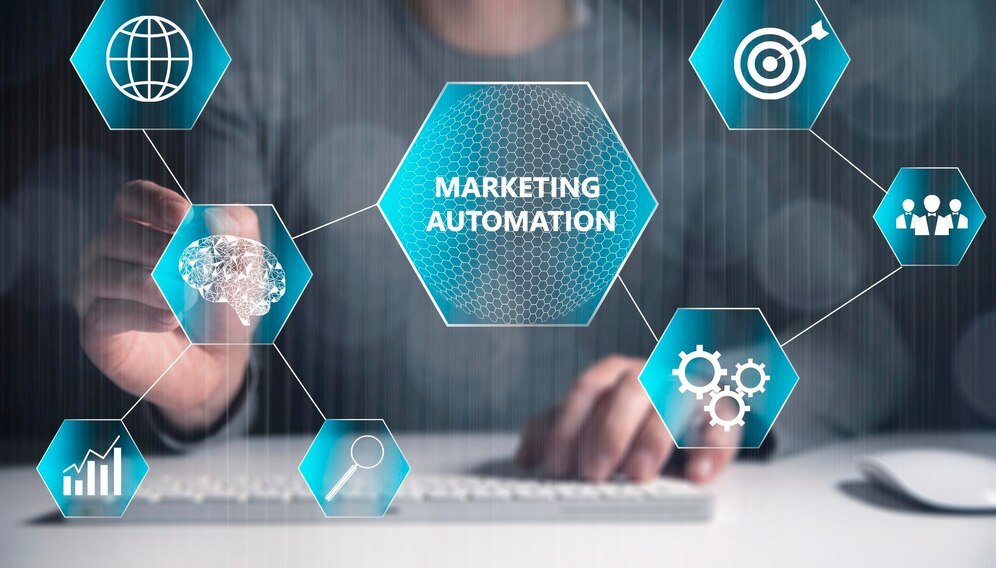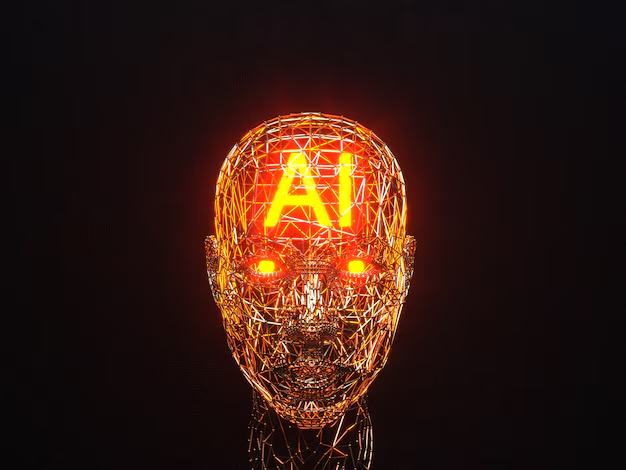AI is transforming how businesses interact with their customers. Chatbots powered by natural language processing (NLP) provide instant responses, resolving queries without delays. AI-enabled voice assistants, such as Alexa and Google Assistant, create new avenues for brand interaction. Real-time sentiment analysis helps marketers understand customer emotions, enabling them to refine messaging. AI tools also analyze feedback to identify pain points and improve user satisfaction. By delivering proactive solutions, AI enhances the customer experience. These technologies ensure businesses stay connected with their audience effectively.
AI analytics provide deeper insights into marketing performance, enabling smarter decisions. Tools like Google Analytics 4 use AI to predict user actions and measure campaign success. Marketers can track metrics like click-through rates, conversion paths, and ROI with precision. Predictive analytics helps in resource allocation by identifying high-performing channels. AI models detect patterns in data, offering actionable recommendations for future campaigns. This data-driven approach minimizes guesswork, ensuring strategies align with business goals. The result is improved efficiency and higher returns on marketing investments.
The future of AI in digital marketing includes innovations like voice search optimization and augmented reality experiences. AI-powered tools are enabling hyper-targeted ads based on advanced behavioral insights. Blockchain technology combined with AI ensures transparency in ad placements and customer data usage. The rise of generative AI is transforming creative campaigns with unique, AI-generated content. Virtual reality and AI integrations offer immersive brand storytelling experiences. These trends showcase how AI will continue to revolutionize the marketing landscape. Adopting these trends early ensures a competitive edge.
AI not only improves efficiency but also contributes to sustainability in marketing. Automated systems reduce the need for extensive human intervention, lowering operational costs and energy usage. AI-driven analytics help businesses optimize resources, minimizing waste. Virtual meetings and AI collaborations eliminate the carbon footprint of physical interactions. Additionally, AI’s precision reduces overproduction in marketing materials and campaigns. By adopting AI, businesses can align their marketing strategies with environmental goals. This approach strengthens brand reputation while addressing global sustainability challenges.


